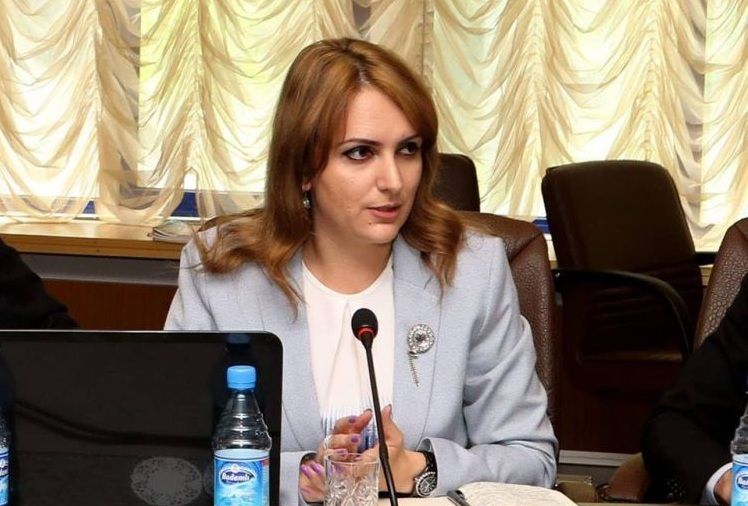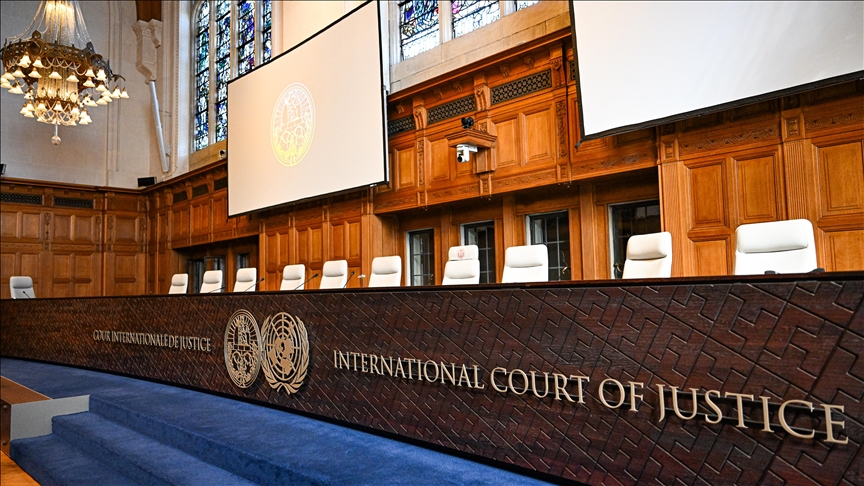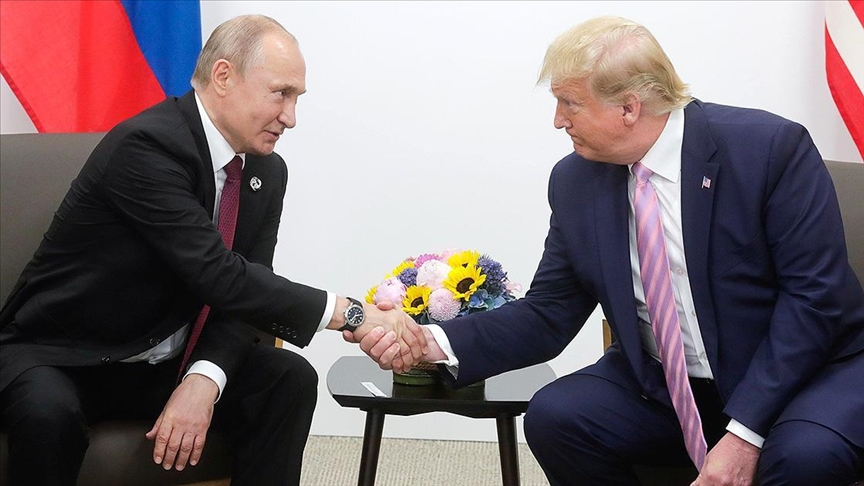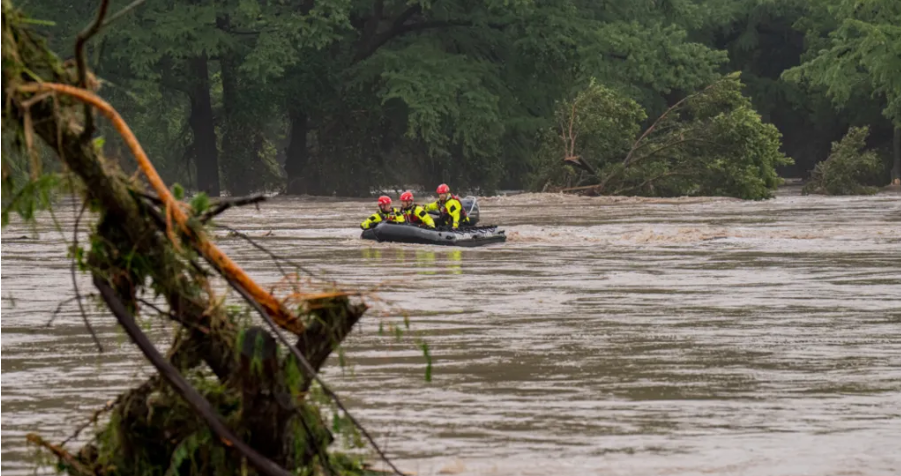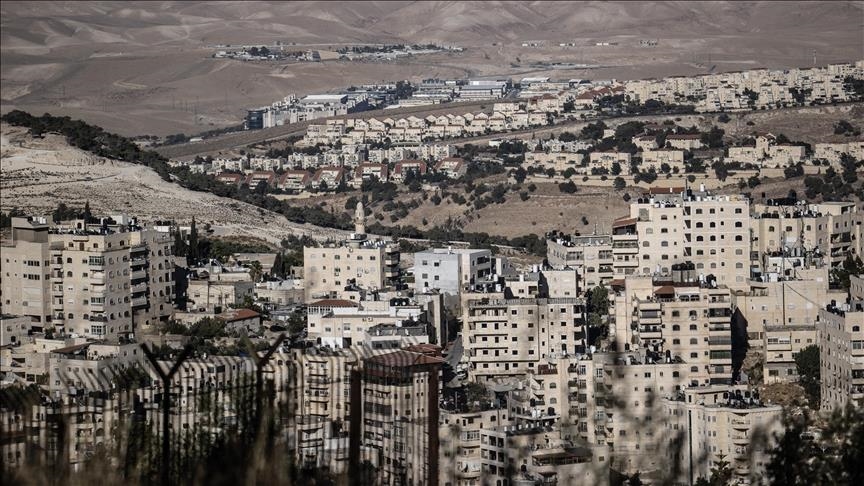During the 40th Regular Session of the United Nations Human Rights Council, assistant to President of the International Eurasian Press Fund (IEPF), political analyst Anastasia Lavrina delivered a speech on environmental crime being committed by Armenia on the occupied territories of Azerbaijan. She also spoke about the water scarcity in the frontline regions of Azerbaijan as a result of the Armenian blockage of the Sarsang Water Reservoir which is located on the occupied territories.
"Today, in many cases, the destruction of the environment happens as a result of a growing number of military conflicts. While fighting for any territorial purposes, while supporting the occupation, the countries destroy the environment and violate the laws. Military crises provide not less harm to ecology than globalization and technological progress," Lavrina said
She noted that negative attitude to the environment destroyed the ecology and violated the right of millions, specially women and children to live in appropriate conditions.
"The water is very relevant and has clear links to the implementation of the 2030 Agenda and to the achievement of the Sustainable Development Goals which require sustainable development, stability, peace, a healthy environment, gender equality, and economic growth", she said.
"The Nagorno-Karabakh conflict between Armenia and Azerbaijan has lasted for almost 30 years and is known as one of the most protracted and bloody conflicts throughout the world. In spite of the four resolutions of the UN Security Council calling for the immediate, complete and unconditional withdrawal of Armenian troops from the occupied territories of Azerbaijan, Armenia continues to ignore baselessly all the principles of international law on territorial integrity".
Lavrina sees the Armenian occupation of Azerbaijani lands as a clear violation of international law.
She also focused her speech on the environmental problems on the occupied lands as well as on the exploitation of resources by occupying power.
"More than 25 years the conflict causes difficulties to human development, economy, industry and agriculture in the occupied territory, as well as in the front-line regions of Azerbaijan. There is an illegal looting of minerals, deposits of precious stones, which are then transferred to Armenia. The absence of a permanent population in the occupied territory and unprocessed fields is a good environment for the influx of rodents, which then move to the front-line villages of Azerbaijan and threaten the development of agriculture there. Moreover, constant shelling of nearby villages, arson of the fields and blockage of water supply from the Sarsang water reservoir located on the occupied territory provoked an ecological catastrophe, the scale of which only increases day by day."
She condemned shelling of front-line villages by Armenian forces.
"Due to the lack of water, and also because of constant shelling, a large area of land in the front-line villages on both sides is not irrigated. It leads to the appearance of cracks and destruction of a fertile layer of the earth. Lack of vegetation cover negatively affects the productivity of the land. In addition, the frequent occurrence of rodents leads to the formation of holes in the ground and decrease the economic efficiency of regional development.
It should also be noted that the cases of arson in the occupied territory aimed at the destruction of the forest areas are not uncommon. The flame is spreading around, burning all the vegetation on its way and causing serious damage to the environment and wildlife. Considering the fact that for many people, land ownership is the main way to earn money, the destruction of crops destroys the ability of people to earn and feed their families. In addition, constant shelling of the front-line regions makes it dangerous for life to deal with farming in open areas."
Anastasia Lavrina mentioned the factor of pollution and poisoning of water.
"Over the years, the discharge of polluted waters from Armenia into the rivers of the region has been regularly carried out, as a result of which the river basin is turned into a dead zone. By such behavior, Armenia violates not only the principles of territorial integrity of another state but also a number of conventions and resolutions, which prohibit the destruction of movable and immovable property of the occupied state. Moreover, as a partner of the United Nations Environment Program, the state’s current policy contradicts with the UN environmental standards. Despite the calls of some representatives of the world community, associations and specially created monitoring missions on the need to prevent the ecological catastrophe provoked by the protracted Nagorno-Karabakh conflict, the Armenian community continues to ignore all the appeals. Moreover, it does not allow experts to visit the occupied regions and assess the scale of the environmental catastrophe, which continues to increase", Lavrina told.
In the end of her speech, the political analyst stated that shared waters and joint management of transboundary water resources are an important unifying factor, contributing to dialogue, peace, regional and political stability, and economic growth.
"If Armenia really wants to bring peace into the region and build the trust and confidence, it has to stop using water as a political tool against Azerbaijan and allow people to have water, which is an essential element for life.", Anastasia Lavrina concluded.
During the speech, many photos demonstrating the environmental problems in the frontline regions of Azerbaijan, as consequences of water scarcity were shown.

